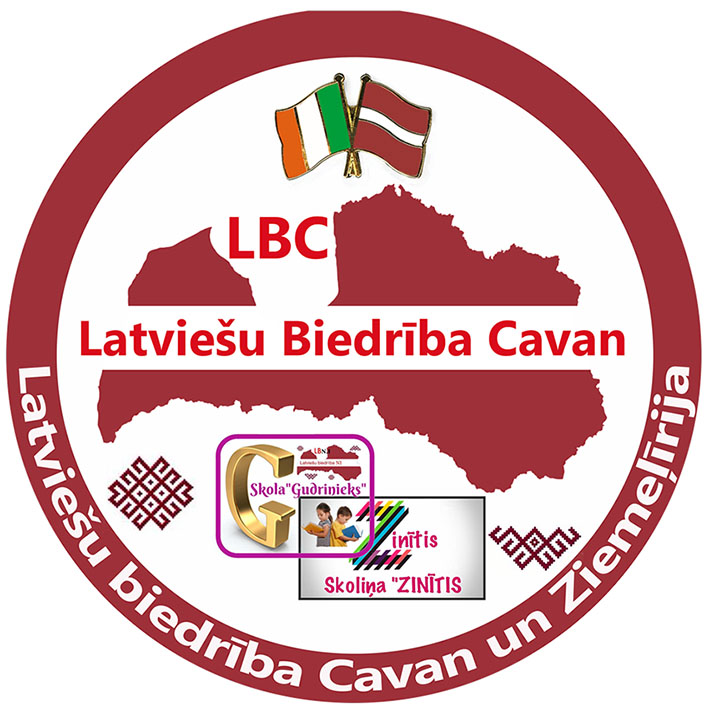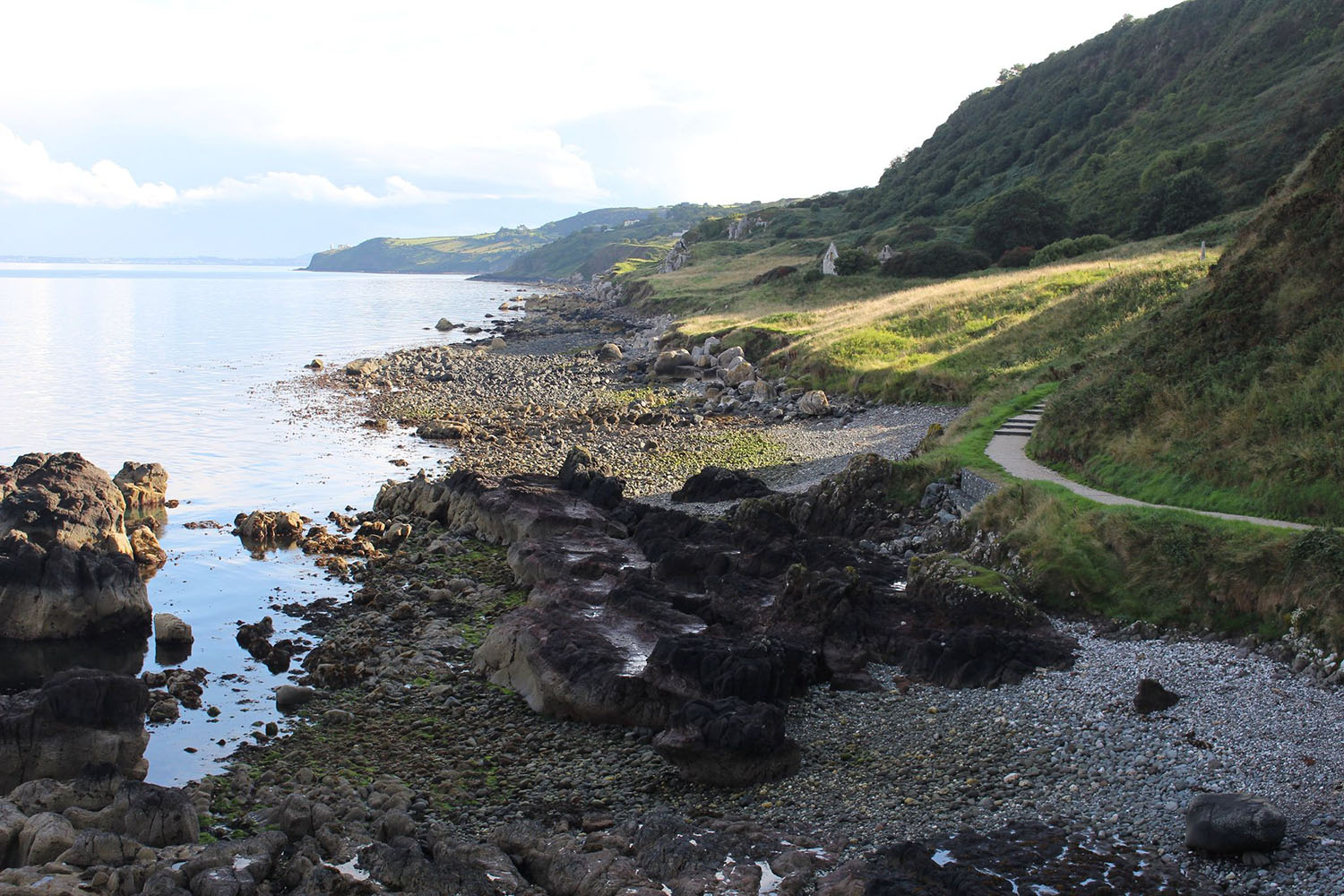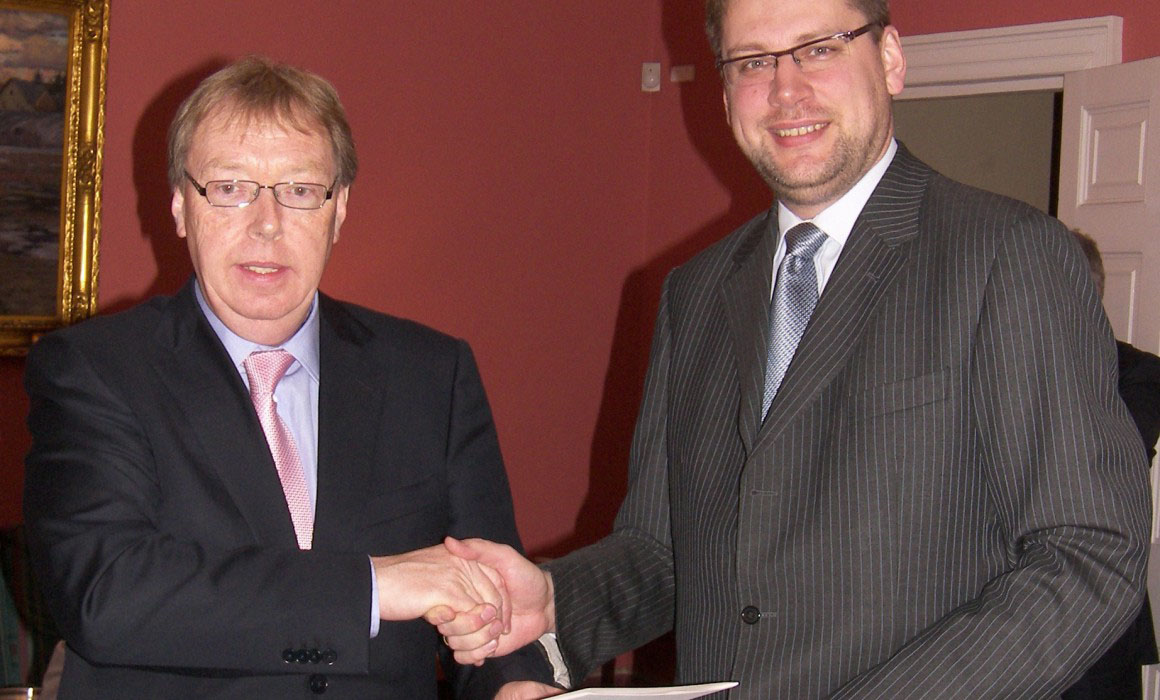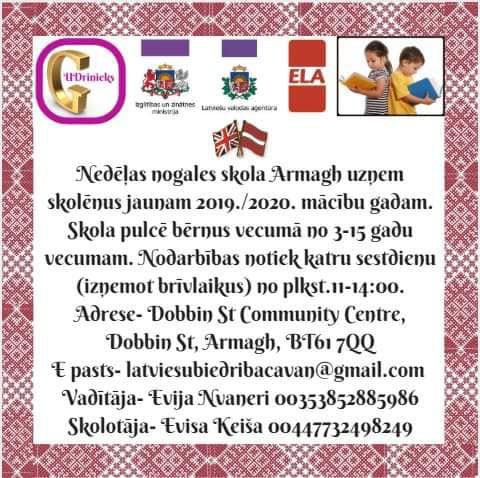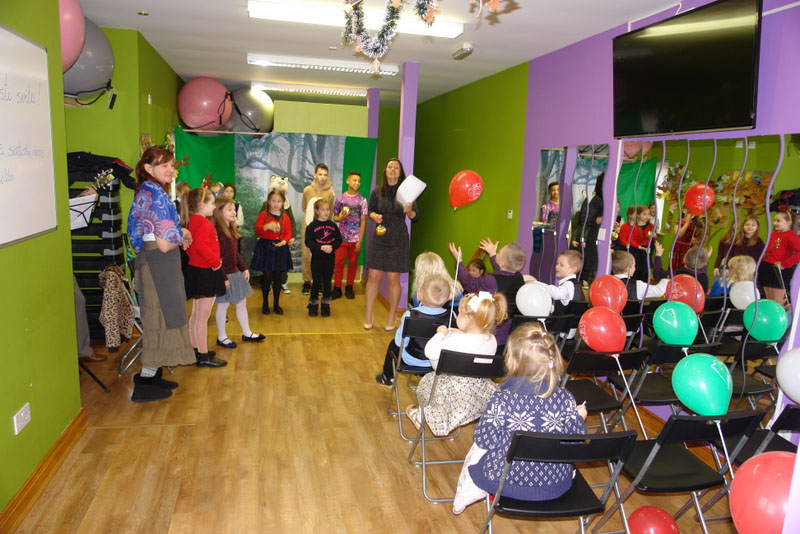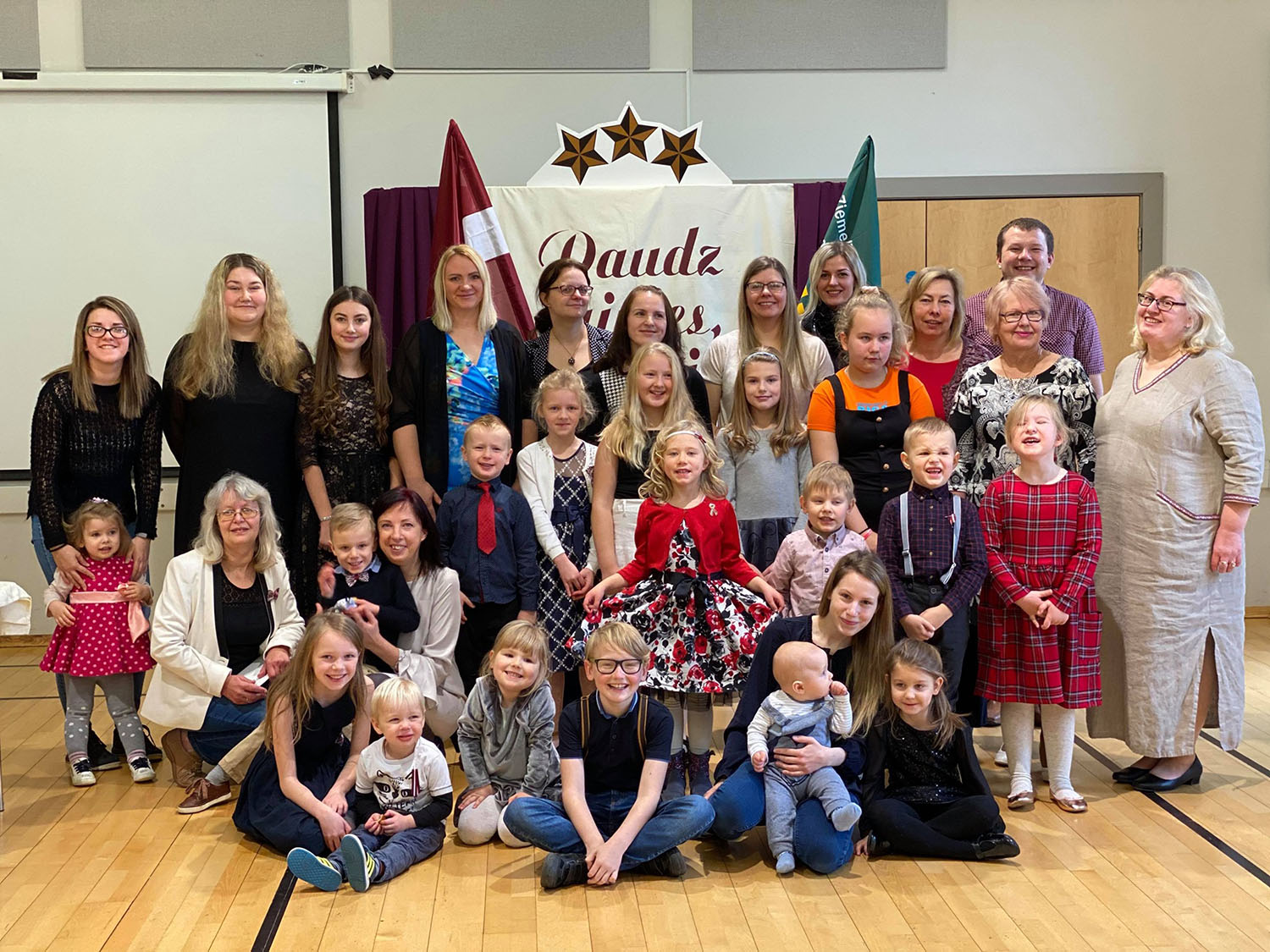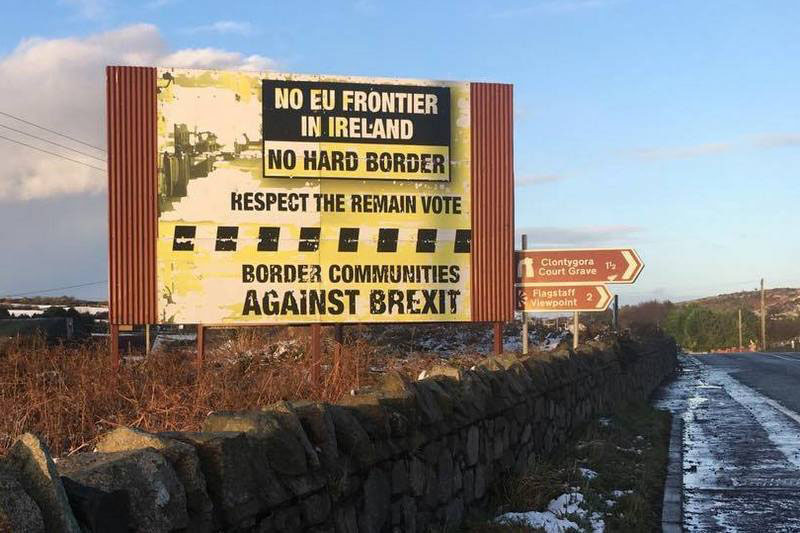Over the last century there have been few Latvians in Northern Ireland and Latvian life has not been as widely organised as in the rest of the UK. One of the most prominent Latvians in Northern Ireland was Jūlija Jēgers. She was a refugee in the Caucasus during the First World War, but at the end of 1919, she and her husband moved to the small town in Comber, near Belfast, where she lived for the rest of her life. Jūlija’s name was widely heard during the 1950s and 1960s in the British press due to the rapid and successful career of her daughter, Ottilie Patterson, whose merits are still mentioned. In 2013, the newspaper “Herald Scotland” named her as the most outstanding British blues singer. Other newspapers wrote about her God given talent, the first with jazz in Britain, the 50s jazz star, but she had always considered herself a Latvian. The “Newtownards Chronicle” wrote: "She has always said: I am a Latvian from Comber but Newtownards has adopted me."
After the Second World War, a number of Latvians settled in Northern Ireland for longer or shorter periods, mostly those who were about to cross the Atlantic to reach the United States or Canada but were detained in Irish ports. Later, many of them fulfilled their dream of getting across the Atlantic but some stayed on in Ireland for life. In Northern Ireland, there were also a number of orphans (Latvian children) brought to Ireland from Germany. One of them was Vizbulīte (Vizi) Paeglīte, the Latvian author, who lived in Belfast.
After Latvia regained its independence in 1991, and especially after Latvia's accession to the European Union in 2004, a large number of Latvians moved to Northern Ireland. They began to organise activities mainly in the areas near the border with the Republic of Ireland and maintain close ties with Ireland’s Latvians. They sing in Irish choirs, dance in Irish dance groups, work in the crafts studio “Likteņdzirnas” and take their children to Latvian mother-tongue weekend schools in Ireland, especially in Dublin and other towns such as Cavan, which from Northern Ireland is just a 20-minute car ride away. The Latvian Society of Cavan (also known as the Latvian Society of Cavan and Northern Ireland) organises events in both Ireland and in Northern Ireland particularly in Armagh. There are weekend schools in Cavan and Armagh ("Zinītis in Cavan since 2016 and "Gudrinieks" in Armagh since 2019). Children attending these schools are from both side of the border.
There are also other schools in Northern Ireland: since 2009, an energetic Latvian woman, Baiba Lauze organized a Latvian summer school for Latvian children in Enniskillen, but regular classes did not follow during the school year. In 2012, a Latvian centre for children and young people was established in Newry. It operated until 2017 under the direction of teacher Agnese Šerbuka, but has now ceased. The longest-running school in Northern Ireland is "Ziļuks” in Portadown. it has been headed by Vineta Makšus since its foundation in 2013.
On 15 June 2010, Eduards Stiprais, then Ambassador of Latvia to the United Kingdom and Northern Ireland, solemnly opened the Honorary Consulate of Latvia for Northern Ireland in Newry and presented the Latvian flag, national anthem and other materials to Dr. Gerard O'Hara, the Honorary Consul of Latvia. There are no precise statistics, but in his estimate there are several thousand Latvians living in Northern Ireland. Latvians gathered around the consulate at an early stage, cultural events were organised, including concerts by visiting artists from Latvia, such as "Iļģi", who participated in the annual Fiddler's Green Festival in 2010 in Rostrevor (Co. Down), where a large number of Latvians also gathered. Recently, the consulate has been quiet. The latest news on its website can be found dating back to 2017. (http://www.latvia-ni.co.uk/new-events/)
Similarly to educational and other amateur activities, Latvian sports teams and clubs work together for Latvians living in Ireland and Northern Ireland. For example, the “Latvian Hawks” hockey club has been operating since 2006 with members from both side of the border. They trained for a time at an ice rink in Dundalk (Ireland), but after it closed, the club’s games and training have continued in Belfast, even though it is registered in the Republic of Ireland.
Actually, in 2020 there is no real border between Northern Ireland and the Republic of Ireland. Often, people live on one side and work on the other. How the border question will be resolved after BREXIT really starts operating is anyone’s guess!

